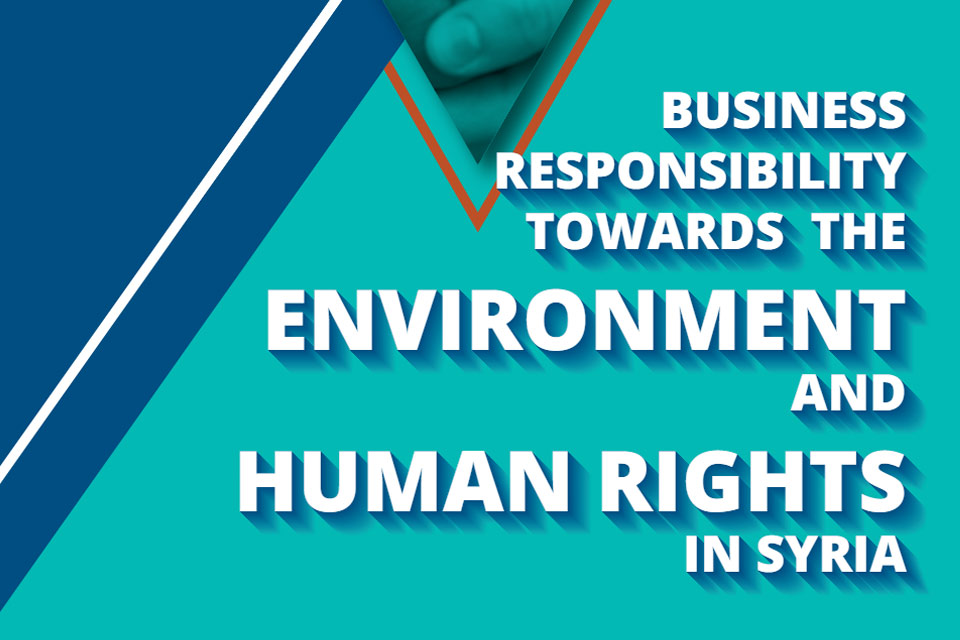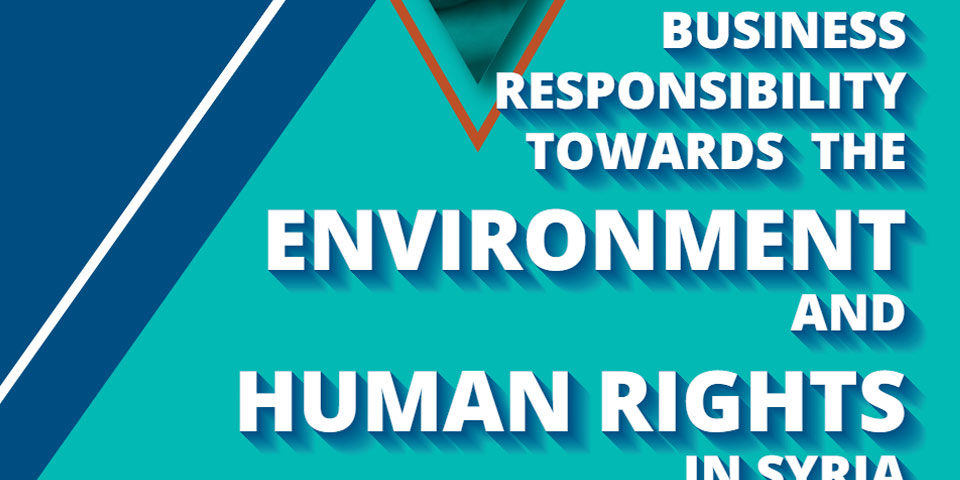What role do local authorities and the private sector have in protecting environmental human rights in Syria?

Over a decade of war has ravaged Syria, leaving behind a fractured nation and crumbling infrastructure. While the humanitarian crisis dominates headlines, another threat simmers silently: environmental devastation. From water scarcity to rampant deforestation, the conflict has severely impacted Syria’s natural resources, jeopardizing food security and public health.
Though research on the conflict is extensive, one crucial piece often goes missing: the role of private businesses. This study delves deeper, investigating how businesses across Syria, from oil extraction to agricultural expansion, contribute to environmental degradation. It analyzes how these practices, often overlooked, exacerbate existing issues like soil erosion and water pollution, ultimately impacting the human rights of Syrian communities.
Combining legal analysis with expert interviews and in-depth research, the study sheds light on the complex interplay between businesses, the environment, and human rights in Syria. It aims to bridge the knowledge gap and spark dialogue towards solutions. Holding businesses accountable for their environmental impact and fostering responsible practices are crucial steps towards a more sustainable and just future for war-torn Syria.
This research is not just an academic exercise; it’s a call to action. By understanding the hidden environmental consequences of the conflict, we can work towards a future where businesses contribute to, not hinder, Syria’s recovery and the well-being of its people.





